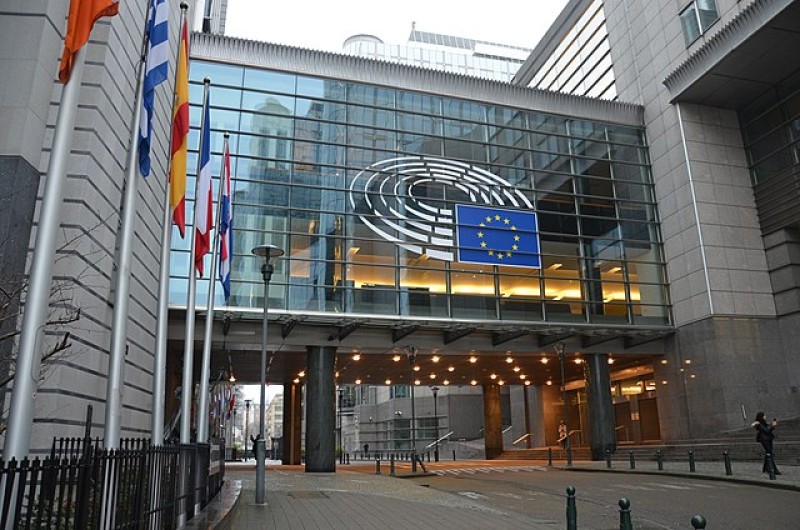The draft published on Tuesday prohibits the use of spyware surveillance against journalists. This form of surveillance targets an individual's device, violating their privacy, and poses a significant risk of exposing their sources and networks, particularly for journalists.
According to Members of the European Parliament (MEPs), the use of spyware should only be considered as a "last resort and on a case-by-case basis." It may be justified if an independent judicial authority orders its use to investigate severe crimes such as terrorism or human trafficking.
In the previous draft of the European Media Freedom Act from June 2023, the use of spyware against journalists was justified under the pretext of "national security."
Press freedom advocates and The Organization for Security and Co-operation in Europe (OSCE) called on MEPs and The Council of the European Union to remove the "national security" exception from the legislation, as it could have led to the misuse of digital surveillance technology by governments.
MEP Sabine Verheyen emphasized the importance of protecting press freedom and the media's role in society.
"Media is not just any business. Beyond its economic dimension, it contributes to education, cultural development, and inclusivity in society, protecting fundamental rights such as freedom of expression and access to information,” she said, “With this bill, we reach an important legislative milestone to safeguard the diversity and freedom of our media landscape and our journalists and protect our democracies."
The new draft was approved by the majority of the European Parliament, with 448 votes in favor, 102 against, and 75 abstentions.
Furthermore, MEPs are advocating for greater transparency in the media industry by proposing that all media outlets, including small businesses, be required to disclose information about their ownership structure and funding. This requirement extends to media organizations, online platforms, and search engines, including details about funds received from state advertising and financial support, even from non-European countries.
The draft also includes new rules regarding content moderation by major online platforms like Meta or YouTube. They will have to follow specific rules when restricting or removing articles and content published by media outlets. If a platform believes that a media outlet's content violates its terms of use, it will be required to notify the relevant parties 24 hours before taking any action, allowing them an opportunity to defend the content.
In response to this, Reporters Without Borders suggested making it "obligatory for online platforms to amplify reliable journalistic news sources" because "determining the legality of content, proving a lack of veracity, and removing false content are all extremely complicated."
Now that the European Parliament has taken its position, the Council of Europe must approve the draft before it becomes law.



